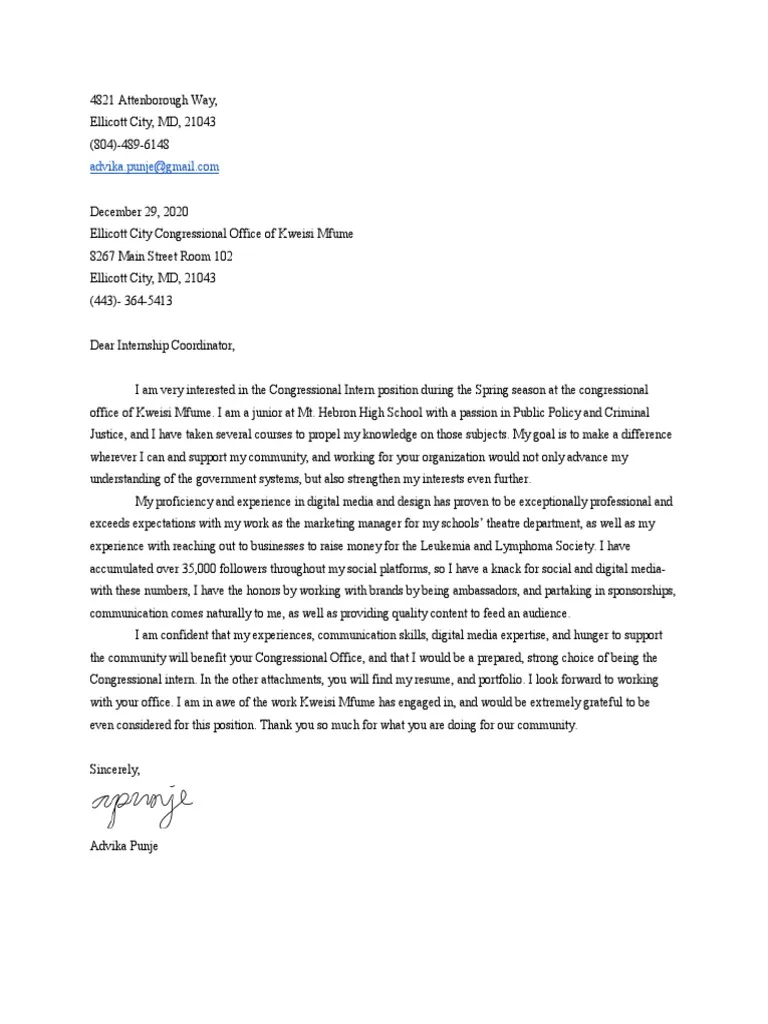Understanding the Congressional Internship Cover Letter
A congressional internship offers invaluable experience, providing a unique insight into the legislative process, constituent services, and the inner workings of the United States government. Securing such an opportunity begins with a compelling cover letter, a document that serves as your primary introduction to the congressional office and a crucial element of your application. This guide provides comprehensive instructions, focusing on the key components and strategies for crafting a cover letter that not only meets but exceeds the expectations of the selection committee. The purpose of this guide is to equip you with the knowledge and tools necessary to present yourself as a strong candidate, demonstrate your interest in the specific office, and ultimately, increase your chances of landing a coveted internship. Remember, this letter is your first impression.
Key Components of a Strong Cover Letter
A strong cover letter is meticulously crafted, showcasing your relevant skills, experiences, and unwavering enthusiasm for the internship opportunity. It should be concise, well-organized, and free of grammatical errors. Each paragraph should serve a specific purpose, contributing to a cohesive narrative that demonstrates your suitability for the role. A well-structured letter typically includes sections to address the recipient, a compelling opening paragraph, a detailed overview of your skills and experiences, an explanation of your interest in Congress, and a persuasive closing statement. Remember to proofread your letter thoroughly, ensuring it is free of errors and effectively communicates your qualifications and passion for public service.
Contact Information & Addressing the Recipient
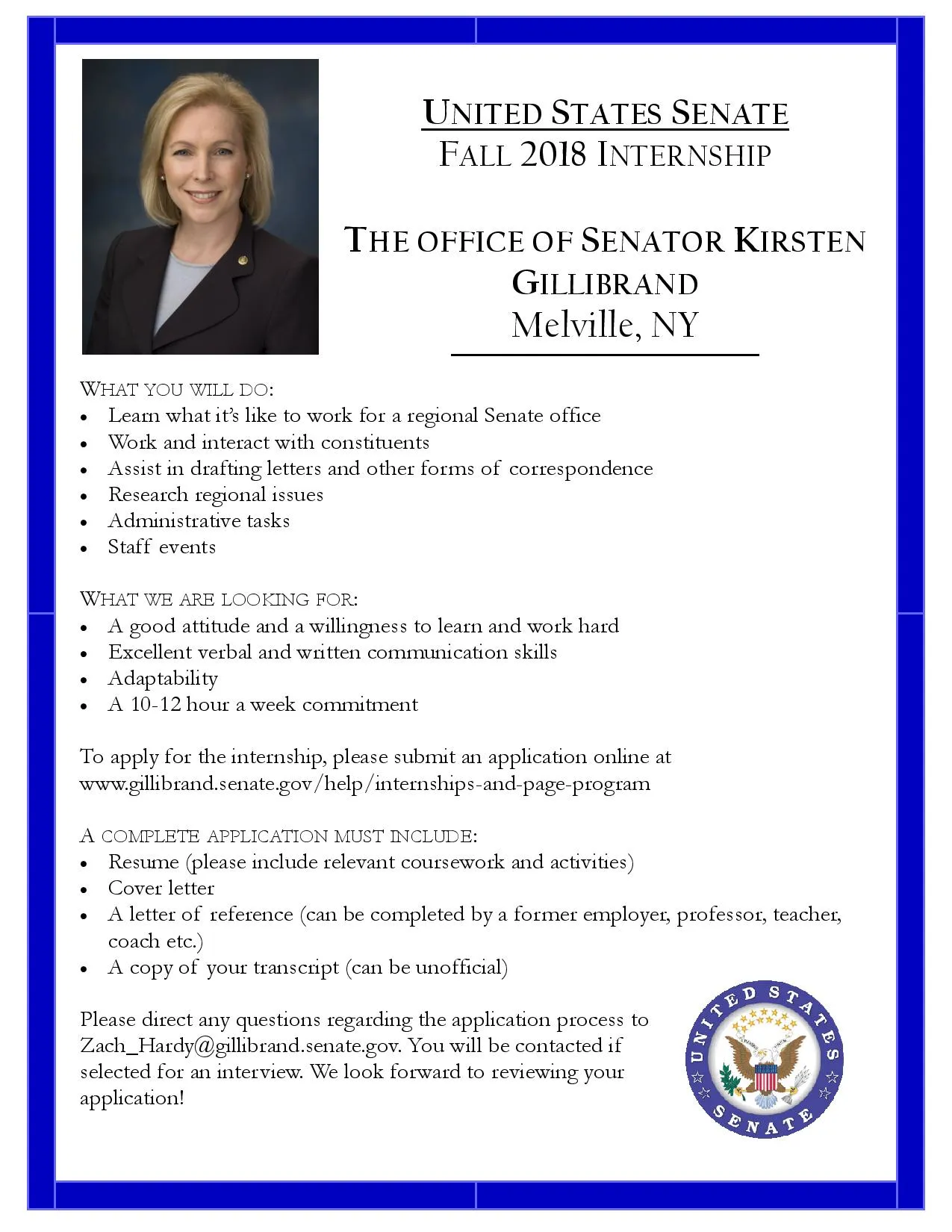
Begin your cover letter by including your full name, address, phone number, and email address at the top. Following this, include the date and the recipient’s contact information. If a specific individual is named in the internship posting, address the letter to them. If not, research the office to determine the appropriate person or use a general salutation like “Dear Hiring Committee” or “Dear Internship Coordinator.” Proper formatting and attention to detail in this section demonstrate your professionalism and your commitment to making a positive first impression. Incorrectly addressed letters can be a sign of carelessness, so make sure to double-check this information.
Your Opening Paragraph Grabbing Attention
The opening paragraph is your opportunity to capture the reader’s attention and establish your purpose. Start by stating the specific internship you are applying for and where you saw the posting. Briefly mention your strong interest in the office and its work, conveying your knowledge of the representative’s priorities or the committee’s focus. You may also consider starting with a brief anecdote that reflects your passion for public service or a relevant accomplishment that demonstrates your initiative or commitment. Keep the opening concise and engaging, setting the tone for the rest of the letter and making the reader want to learn more about you. It’s important to avoid generic statements and show genuine enthusiasm.
Highlighting Your Relevant Skills & Experience
The body of your cover letter is where you highlight your skills and experiences that align with the internship requirements. Review the job description carefully and identify the key skills and qualifications they are seeking. Provide specific examples from your academic, professional, or volunteer experiences that demonstrate these skills. This may include research abilities, strong writing and communication skills, analytical capabilities, organizational skills, and any experience with constituent relations or legislative processes. Quantify your achievements whenever possible, using numbers and data to illustrate the impact of your work. For example, state the number of people you helped or projects you managed. Use action verbs to showcase your accomplishments.
Demonstrating Your Interest in Congress
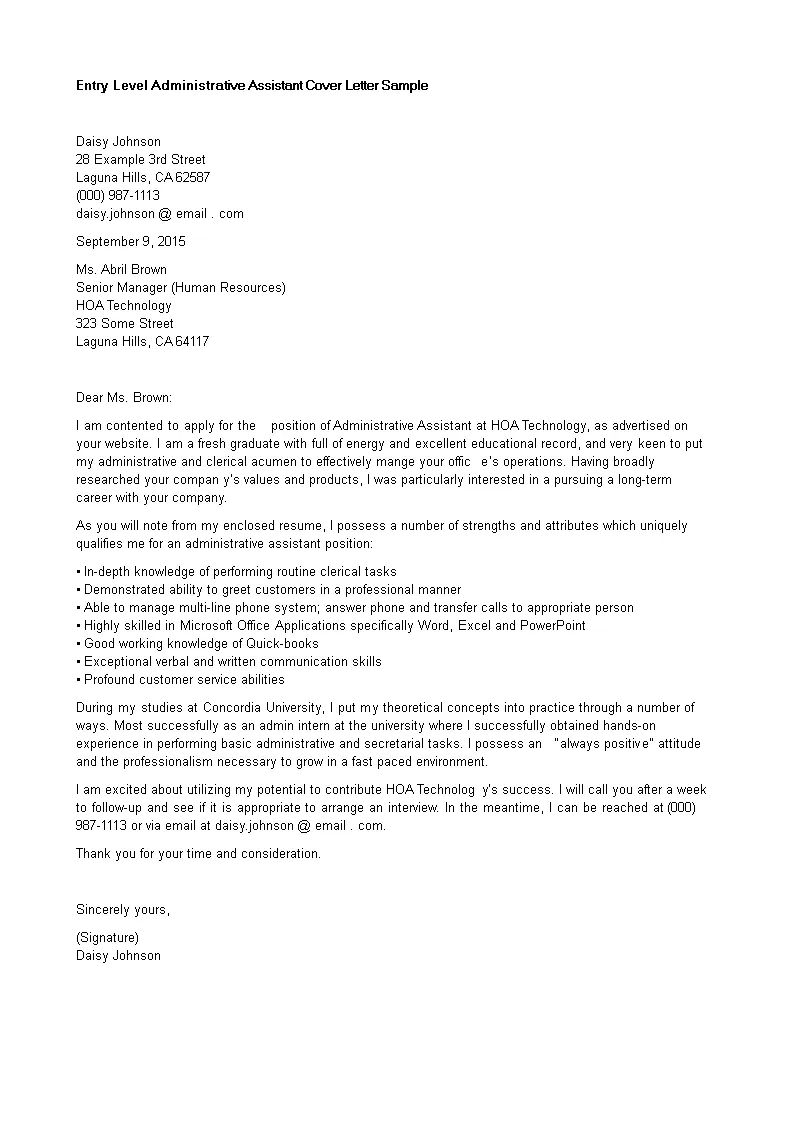
A successful cover letter must clearly articulate your interest in working for Congress. Explain why you are drawn to public service and what motivates you to seek an internship in a congressional office. Mention any specific issues or policy areas that you are passionate about and how the office’s work aligns with your interests. This shows the hiring committee that you are genuinely interested in their work and not just seeking an internship for the sake of it. Discussing how your goals relate to the office’s mission also highlights your commitment. Research the current events relevant to Congress.
Showing Your Knowledge of the Specific Office
Go beyond a generic expression of interest. Show the hiring committee that you have researched their office and understand their priorities and activities. Mention specific legislative initiatives, committee assignments, or policy areas that the representative or senator is involved in. Demonstrate that you have read their website, social media, or recent press releases. This level of detail demonstrates your initiative and that you are prepared to contribute meaningfully to their work. Personalize your cover letter to reflect the specific focus of the office.
Quantifying Your Achievements
Whenever possible, quantify your accomplishments to make them more impactful and demonstrate your value. Instead of stating “I improved customer service,” say “I improved customer satisfaction scores by 15% through implementing a new training program.” Use numbers, statistics, and data to illustrate the results of your actions. This could include the number of reports written, the number of constituents assisted, the amount of money raised, or the efficiency gains achieved. Quantifiable results make your accomplishments more tangible and demonstrate your ability to deliver results. Use concrete examples to give a vivid image.
Emphasizing Your Enthusiasm
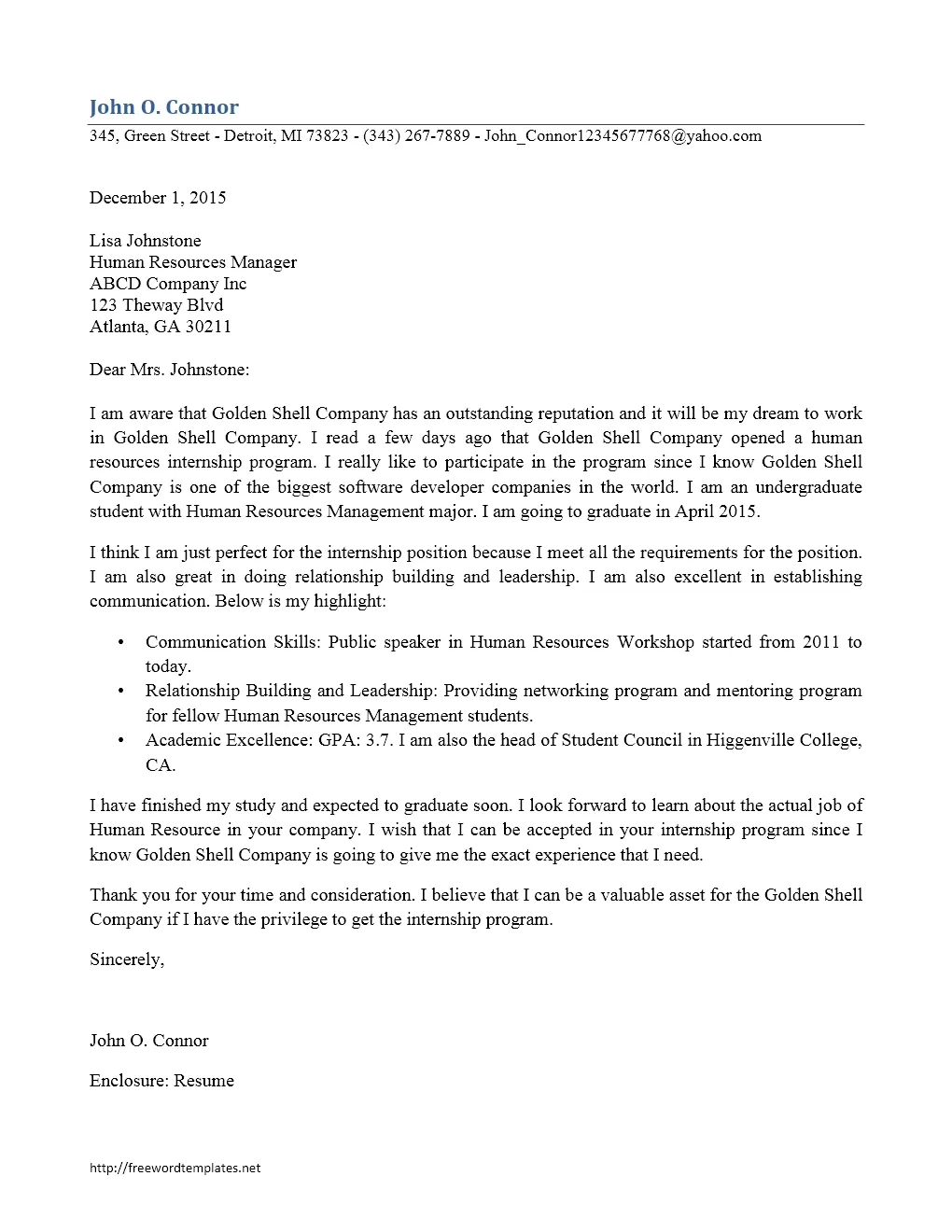
Throughout your cover letter, maintain an enthusiastic and professional tone. Express your excitement about the opportunity to learn and contribute to the congressional office’s work. Show your eagerness to take on new challenges and your willingness to go the extra mile. Convey your passion for public service and your commitment to making a difference. Enthusiasm is contagious and can make a positive impression on the hiring committee. Ensure your tone remains professional, avoiding overly informal language or hyperbole.
Proofreading and Formatting Your Letter
Proofreading is one of the most important parts of your application. Errors in grammar, spelling, and punctuation can undermine your credibility and detract from your qualifications. Carefully review your cover letter multiple times, ideally having another person proofread it as well. Pay close attention to formatting, ensuring that your letter is easy to read and visually appealing. Use a professional font, maintain consistent margins, and avoid excessive use of bolding or italics. A polished, error-free cover letter demonstrates your attention to detail and professionalism.
Crafting a Compelling Closing
The closing paragraph is your final opportunity to leave a lasting impression. Reiterate your interest in the internship and your enthusiasm for the opportunity. Thank the hiring committee for their time and consideration. State your availability for an interview and how you can be reached. Use a formal closing, such as “Sincerely” or “Respectfully,” followed by your typed name. Make sure to tailor your closing to the specific requirements of the application process. Express your confidence and express the desire to have a positive contribution.
Following Up After Submission
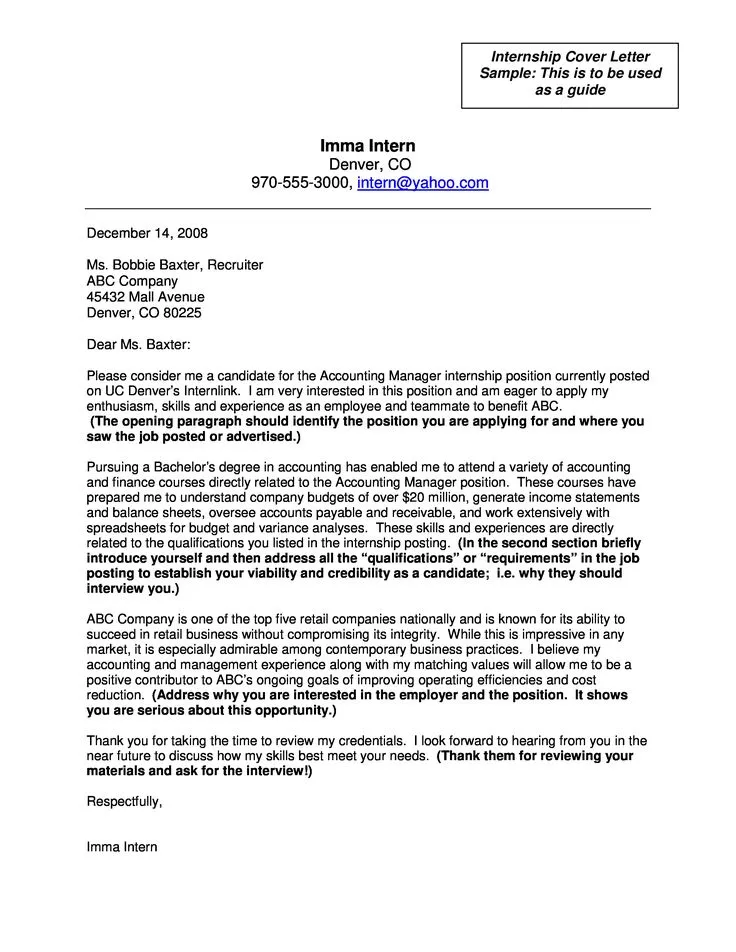
After submitting your cover letter and resume, follow up with the office to express your continued interest and to inquire about the status of your application. Send a brief, professional email or make a phone call within a week or two of submitting your application. Thank the recipient for their time and reiterate your interest in the internship. Be polite, professional, and respectful of their time. The follow-up shows your dedication and your commitment to the opportunity. Note that following up is not always necessary, depending on the application guidelines.
